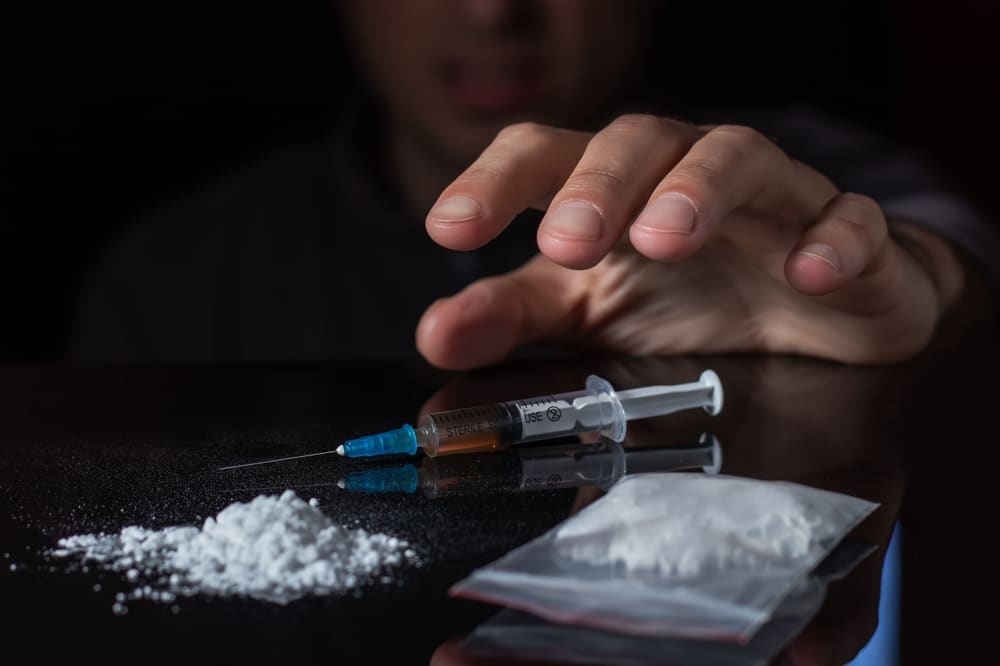All You Need To Know About Drug Addiction And Its Treatment
Drug addiction is a complex issue influenced by biological, psychological, and social factors. It goes beyond substance abuse, manifesting as an overwhelming craving for drugs despite the harm it causes to one’s health, well-being, and relationships.
This article aims to explore the intricacies of drug addiction by looking at its causes, effects on the individual’s mind and body, and available treatment options. By enhancing comprehension, we aim to shed light on pathways to recovery and provide hope and assistance to those impacted by this challenging yet manageable condition.
Rehab Facilities
Rehab facilities are vital in helping individuals recover from drug addiction. These centers offer a structured environment for detoxification, psychological counseling, and therapeutic activities geared towards addressing the root causes of addiction. Whether it’s drug rehab in California or specialized facilities in New York, there are various options for professional addiction treatment. This section will delve into the types of rehab facilities, their approaches, and how to choose the right one based on individual needs.
Causes Of Drug Addiction
The causes of drug addiction are diverse and interconnected, encompassing genetic predisposition, psychological factors, social influences, and environmental stressors. Factors such as:
Genetic Predisposition: Research indicates that a family history of substance misuse can increase an individual’s likelihood of developing an addiction.
Psychological Factors: Issues like trauma, stress, depression, and anxiety can drive individuals to use drugs as a way to cope with emotional pain.
Social Influences: Peer pressure and normalization of drug use in social circles can lead to experimentation and continual substance abuse.
Environmental Factors: Economic status, exposure to high-crime areas, and lack of social support can heighten the risk of addiction by pushing individuals towards substance use.
Effects Of Drug Addiction
Drug addiction has wide-ranging impacts, affecting not only the individual but also their families, communities, and society. It can lead to various health issues, from short-term changes in appetite and heart rate to long-term conditions like liver damage, heart disease, and mental health disorders.
Socially, addiction can strain relationships, decrease productivity, and lead to job loss, exacerbating financial and social isolation issues. On a broader scale, addiction contributes to higher healthcare costs, increased crime rates, and reduced productivity, posing a significant burden on economic resources.
Commonly Abused Substances
Various substances are commonly abused, each with its own risks:
- Alcohol: Despite its social acceptance, alcohol abuse can lead to addiction, liver disease, and behavioral issues.
- Tobacco/Nicotine: Highly addictive, tobacco/nicotine use contributes to cancer and lung diseases.
- Prescription Medications: Opioids, benzodiazepines, and stimulants can lead to addiction when misused.
- Cannabis (Marijuana): A commonly used drug with varied effects on senses and movement.
- Cocaine and Crack Cocaine: Stimulants with severe health risks.
- Heroin and Other Opioids: Highly addictive substances associated with overdose risks.
- Methamphetamine (Meth): Damaging stimulant affecting the nervous system.
Overcoming drug addiction is challenging but possible with understanding, support, and treatment. If you or someone you know is struggling with addiction, reach out for help to begin the journey towards healing and recovery.
















